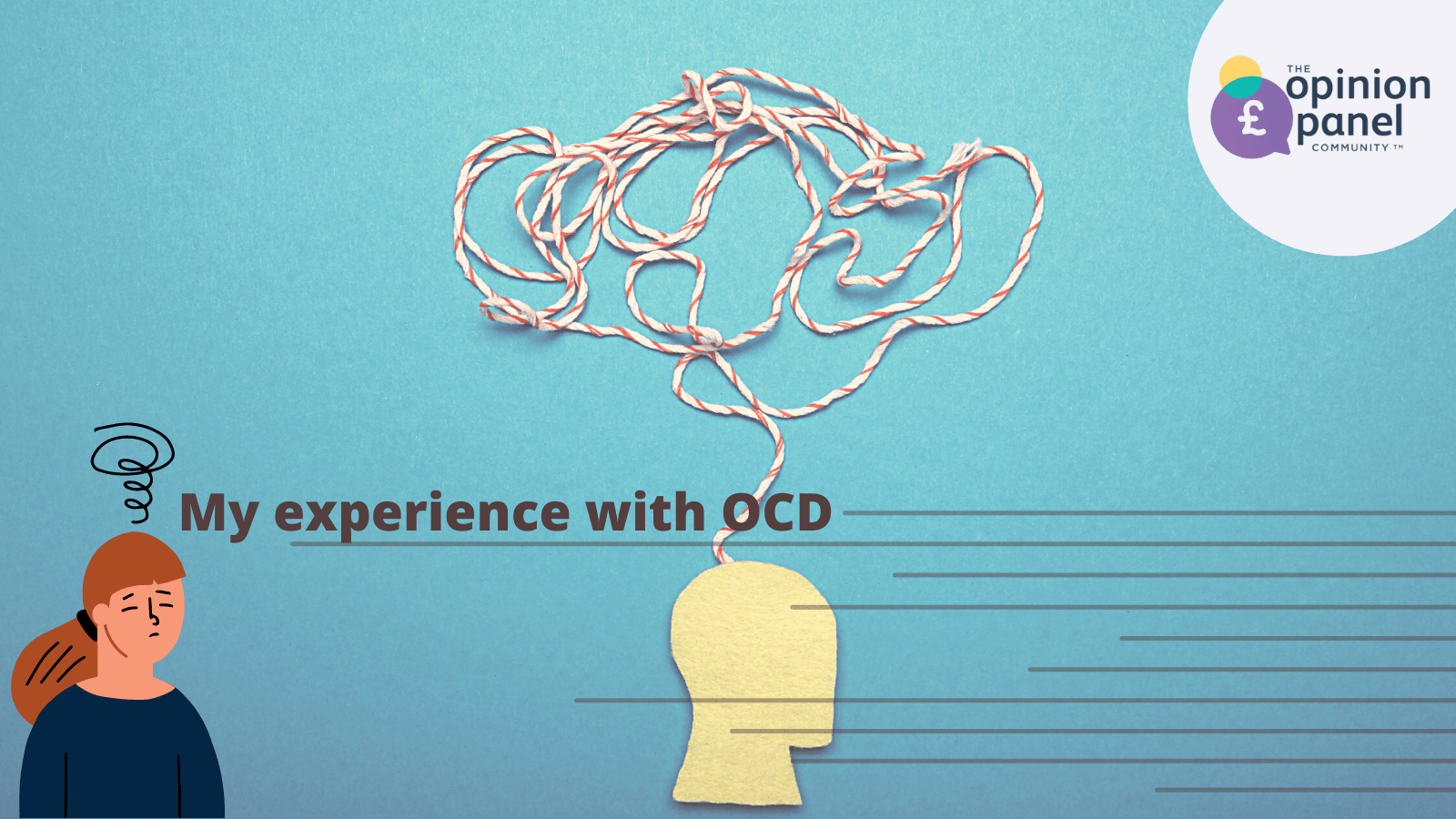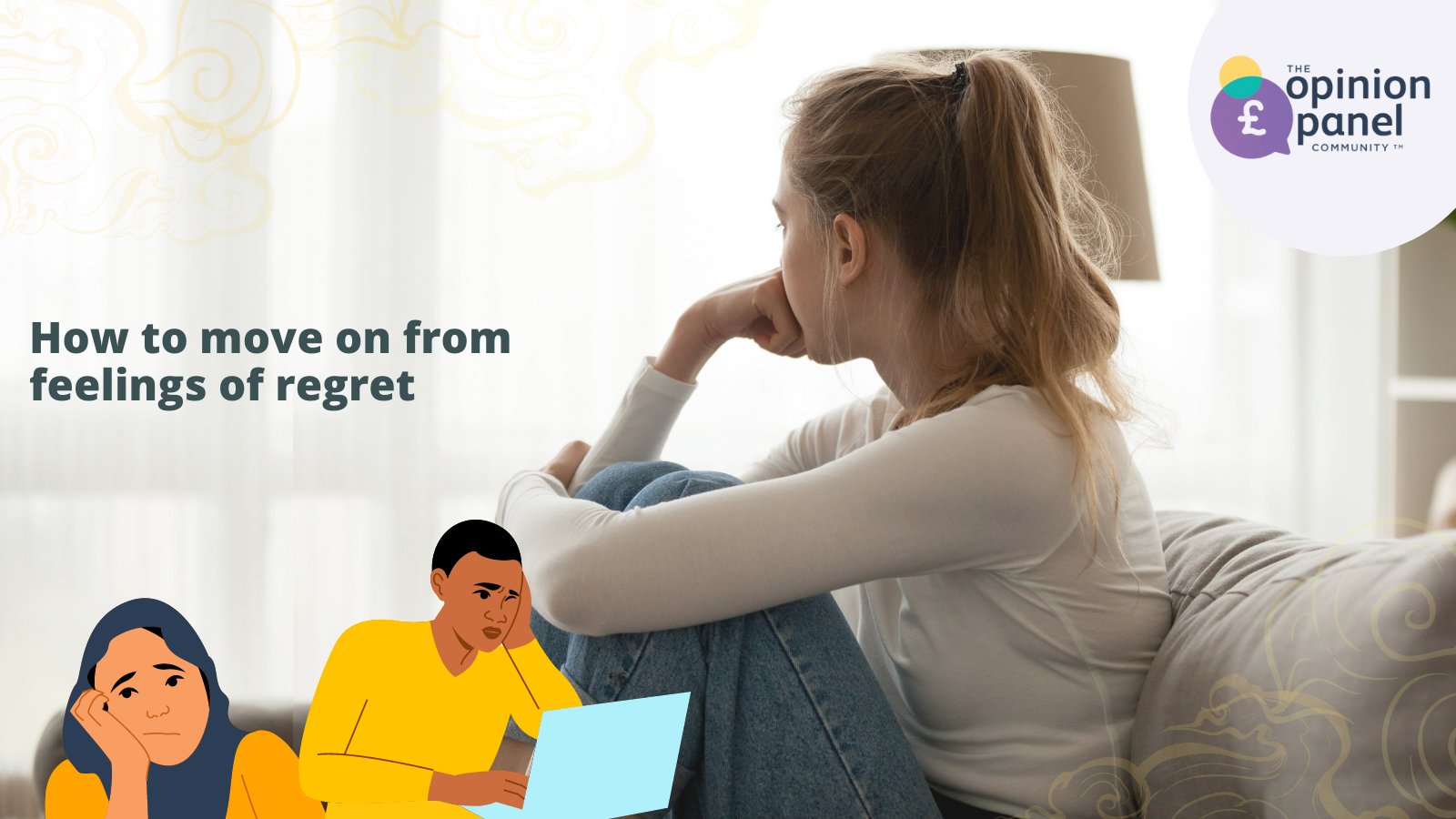
Overthinking can lead you on a downward spiral – the deeper you get, the worse it becomes. And it’s not just counter-productive, it can also result in serious health issues. So, how do you know if you’re overthinking? Here are some of the signs to look out for…
What is overthinking and why is it a problem?
Do you hold on to issues longer than you should? It’s a habit many of us are guilty of, but it can negatively affect your work and academic performance. We get so caught up in our thoughts that we lose sight of finding the best solution – or it takes us too long to get there.
It’s an issue that most students fall victim to. As a student myself, I know I’m at a crucial stage in my life, and this brings waves of uncertainty, new social challenges and the constant need to make life-changing decisions. But the truth is, that we’re all susceptible to overthinking; especially now, as the world faces the coronavirus pandemic, and we’re forced to deal with new obstacles and stresses.
Overthinking from time to time is perfectly normal, but at the point when it becomes a habit, the consequences can be detrimental. In fact, the most common sympton of anxiety and depression is overthinking. So, here are some of the signs you should look out for.
1. Dwelling on the past
Overthinking often involves ruminating about the past and frequently reliving painful memories.
Everyone will experience moments of regret; it’s just an equation of life. But the more you dwell, the worse you’ll feel, and the harder it is to move forward, because your emotions will blur your judgement. If your time is spent learning from previous behaviour, then it’s productive. If you’re not self-reflecting, there’s probably not going to be a fruitful outcome.
2. Creating hypothetical situations
Overthinkers have a good command of “what if” scenarios. They often waste time probing past events and making fake scenarios of what could be. When in fact, the future is unpredictable and these scenarios will probably never come true.
In this situation, your thinking is being overridden by emotions rather than problem-solving. Spinning your wheels with questions of what could be or what could’ve been will lead you down a rabbit hole of fear.
3. Lacking focus
Overthinking can leave you feeling meloncholy and mentally exhausted. It drains the energy from you, energy that could be better spend on productive tasks. As a result, you start procrastinating and the vicious cycle continues.
Ultimately, the flow of new ideas and creatively will begin to decline.
How to stop overthinking
As an overthinker myself, the biggest challenges I faced was managing my intermittent thoughts and being driven by negative emotions. These used to seriously irritate me and affect the quality of my work, especially during exams or while trying to complete assignments. It would feel like my brain wouldn’t shut off.
Overthinkers are often told: “just don’t think about it!” This is unhelpful! Being told to stop overthinking often leads to us think more. Essentially, teaching yourself not to overthink is a long process that you have to train your brain to do.
There are many resources available online that may help. Search for terms such as ‘mindfulness’, ‘being social’, ‘meditation’, ‘health and wellbeing’. For me, sticking to a healthy diet and exercising really helped my focus.
Some people are naturally more cautious and tend to analyse situations more than others. And that’s fine. But when these thoughts interfere with your wellbeing, it’s time to take action.
Read more
If you’re looking for more tips on how you can de-stress, check out the recent article by Francesca Di Franco: Hobbies to relieve stress during lockdown or ‘How to deal with burnout’ by Loren Madnack.
If you’d like to submit your own article for the blog, simply email editor@youthsight.com.






I think this will help other people know if they are overthinking letting time go past without them. I am cautious of people that I am around as I think of scenarios that are probably never going to happen.
I think this is really help full, it breaks things down quite well.